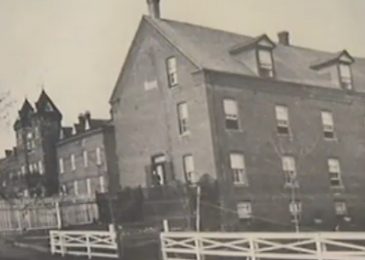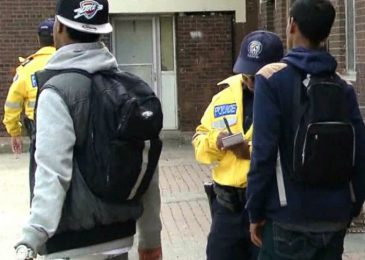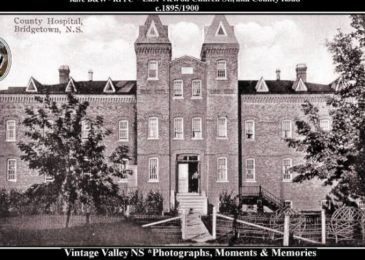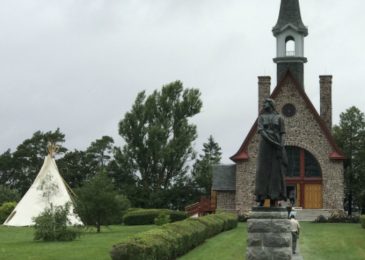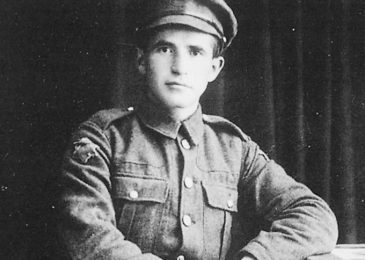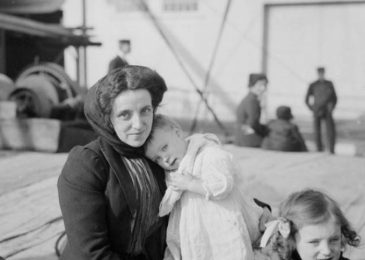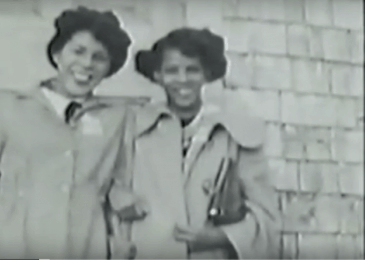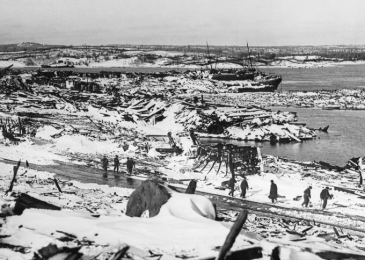“These stories are true.” Brenda Thompson introduces five people who lived between the early 1800s and today. “Their hardships were not their fault, yet they were punished for being different or for merely being poor. When it comes to people in poverty, our minds remain shut. Our attitudes and policies are still stuck in the 1860s, Brenda writes
Brenda’s piece was produced in partnership with the Nova Scotia College of Social Workers, for co-publication in Connections, published three times a year by the College. We really appreciate this wonderful opportunity to promote longer pieces by Nova Scotia authors on topics so dear to our heart.


